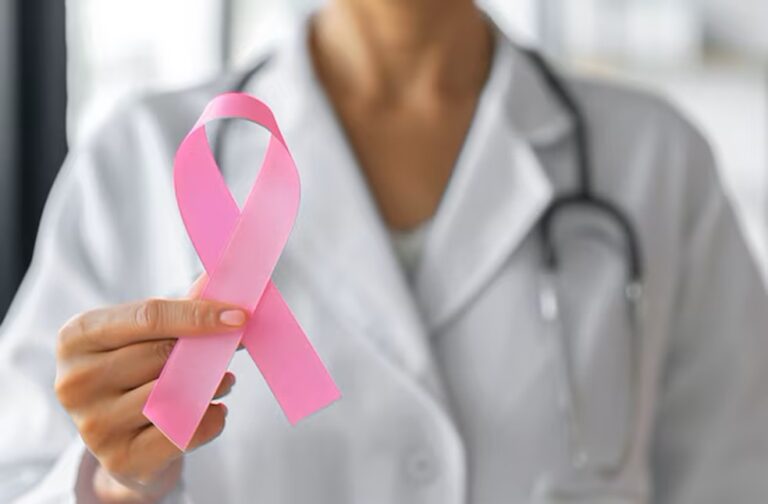United Kingdom: Doctors are celebrating a revolutionary new treatment for cervical cancer that reduces the risk of death by 40 percent, marking the most significant advance in managing the disease in 25 years.
Cervical cancer is the fourth most common cancer in women worldwide, with approximately 660,000 new cases and 350,000 deaths annually, according to the World Health Organisation. In the UK alone, the disease affects 3,200 women and claims 800 lives each year, with many patients in their 30s. Despite improvements in care, the cancer recurs in 30 percent of cases, highlighting the need for more effective treatments.
The new treatment, tested over a decade in the UK, Mexico, India, Italy, and Brazil, involves a short course of chemotherapy before standard chemoradiation, which combines chemotherapy and radiotherapy. Led by University College London (UCL), the phase-three clinical trial revealed that the new regime reduced the risk of death by 40 percent and the chance of cancer recurrence by 35 percent over five years.

“This is the biggest gain in survival since chemoradiation became standard in 1999. The treatment is well-tolerated and allows women to return to their normal lives quickly.” said Dr. Mary McCormack, lead investigator at UCL.
The Interlace trial, funded by Cancer Research UK and UCL Cancer Trials Centre, involved 500 women with locally advanced cervical cancer that had not spread to other organs. Participants were randomly assigned either the new treatment or the traditional chemoradiation regimen.
The findings are already influencing cancer treatment practices. “Adding induction chemotherapy before standard chemoradiation improves survival and reduces relapse risks. It’s a straightforward method using affordable, widely available drugs and should be offered to all eligible patients,” McCormack explained.
As calls grow for the adoption of this treatment across the UK and internationally, cancer centres are beginning to implement the new regime, marking a new era in cervical cancer care and offering fresh hope for thousands of women.



